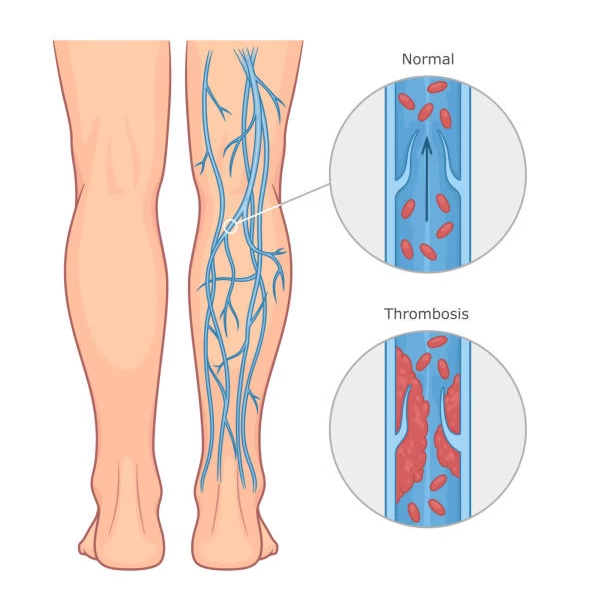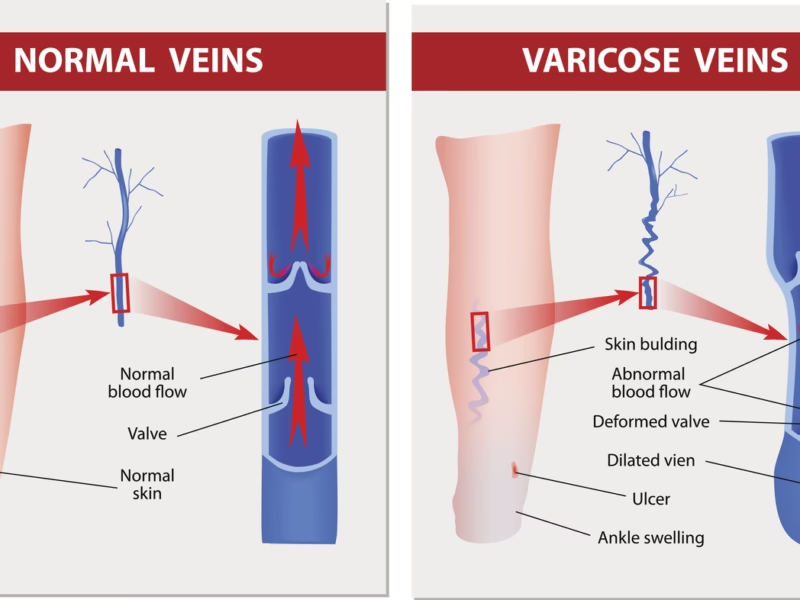Cortisol, commonly known as the “stress hormone,” is a chemical produced by the adrenal glands that plays a key role in maintaining several important body functions. It helps control how the body uses energy, regulates blood sugar and pressure, and supports the immune system. Although cortisol levels are necessary for overall health, consistently high levels over time can contribute to a range of health problems.

What Causes High Cortisol Levels?
High cortisol levels, a condition known as hypercortisolism, can result from both internal and external factors. The most common causes include:
- Chronic Stress: Prolonged psychological stress triggers the body’s fight-or-flight response, keeping cortisol elevated.
- Cushing’s Syndrome: A rare condition caused by tumors in the adrenal glands or pituitary gland, leading to excessive cortisol production.
- Medications: Long-term use of corticosteroids, such as prednisone, can artificially raise cortisol.
- Sleep Deprivation: Poor sleep quality or sleep disorders disrupt the natural cortisol rhythm.
- Poor Diet and Lack of Exercise: High sugar intake, caffeine, and a sedentary lifestyle can contribute to elevated cortisol.
Symptoms of High Cortisol
Persistently high cortisol levels can cause a range of physical and psychological symptoms. These may include:
- Increased Body Fat: Particularly noticeable in the belly area, face, and upper back.
- Elevated Blood Pressure and Glucose Levels: Heightened chances of developing high blood pressure and type 2 diabetes.
- Fatigue and Muscle Weakness: The body starts breaking down muscle tissue for energy.
- Mood Changes: Anxiety, irritability, and depression are common.
- Sleep Problems: Trouble falling or staying asleep due to hormonal imbalances.
- Poor Immunity: Increased susceptibility to infections and slower wound healing.
- Disrupted Menstrual Patterns or Difficulty Conceiving in Women.
Long-Term Effects
If high cortisol levels persist untreated, they can increase the risk of serious health issues such as heart disease, osteoporosis, cognitive decline, and metabolic disorders. In children, it can hinder growth and development.
How to Reduce Cortisol Levels Naturally
Managing cortisol involves addressing the root causes and making lifestyle adjustments:
- Managing Stress: Use calming practices like meditation, deep breathing exercises, yoga, or mindfulness to help reduce stress levels.
- Regular Exercise: Moderate physical activity helps regulate hormone levels, though excessive exercise can have the opposite effect.
- Balanced Diet: Eat whole foods rich in vitamins and minerals. Avoid excess caffeine, sugar, and processed foods.
- Sufficient Rest: Try to get 7 to 9 hours of good-quality sleep each night to support balanced cortisol levels.
- Social Support: Spending time with loved ones and talking about stressors can have a calming effect.
- Reduce Alcohol and Nicotine Intake: These substances can disrupt cortisol regulation and negatively impact hormonal balance.
When to see a doctor
If you suspect high cortisol levels, especially if you experience unexplained weight gain, chronic fatigue, or mood disturbances, consult a healthcare provider. They may recommend blood, urine, or saliva tests to measure cortisol levels and determine the underlying cause.
Conclusion
While cortisol is crucial for the body’s response to stress and daily functioning, sustained high levels can lead to significant health problems. By adopting healthy habits and managing stress, most people can keep their cortisol levels within a healthy range and improve their overall well-being.


